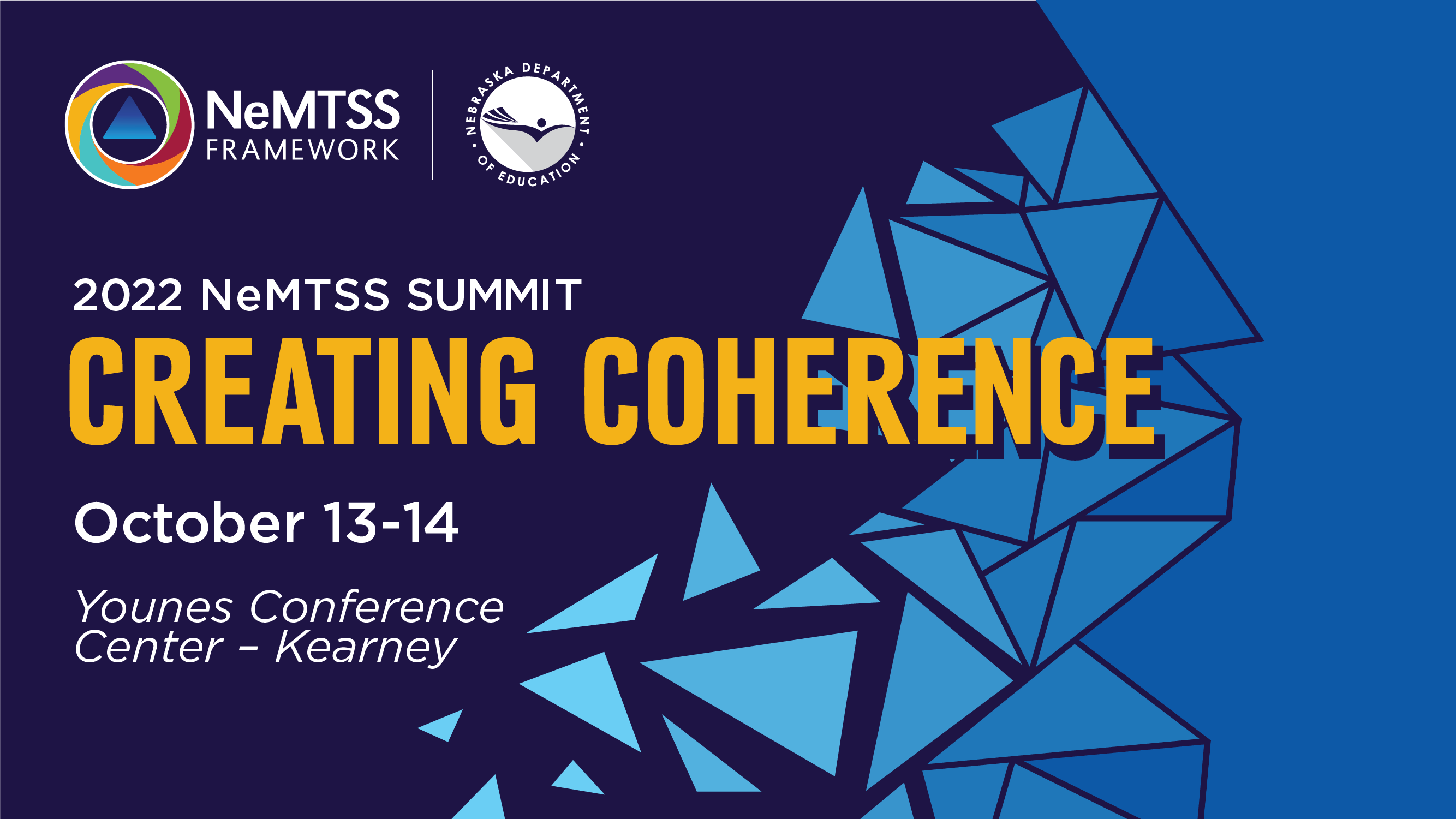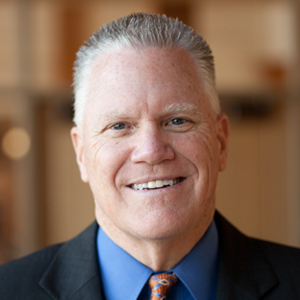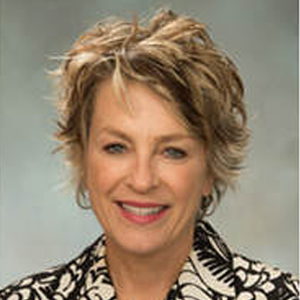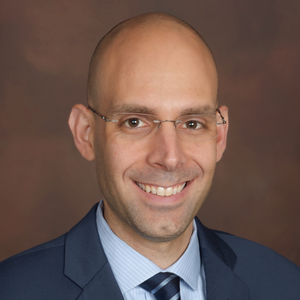
The 2022 Nebraska MTSS Summit featured presentations and interactive breakout sessions focused on “Creating Coherence.”
As students and teachers move forward in education, the NeMTSS team aims to support Educational Service Units, districts, schools and educators in coming together to work toward a common vision of success.
- The summit highlighted connections among behavioral supports, academics, social-emotional learning and continuous improvement within a multi-tiered system of support and offered ways to promote cohesion among these areas to improve outcomes for students.
- Presenters and workshops focused on ways to increase communication, implement successful problem-solving strategies and strengthen MTSS supports in all aspects of education.
- The summit served as an introduction and expansion of work educators have started or have already begun with NeMTSS Systems Day training.
Summit Schedule
All times listed are Central Daylight Time.
Speakers
Keynote Presenters
George M. Batsche, Ed.D.
Professor of School Psychology and Director Emeritus of the Institute for School Reform
University of South Florida in Tampa
“Creating Coherence Through the Implementation of an MTSS Framework”
George M. Batsche, Ed.D., is a professor of school psychology and director emeritus of the Institute for School Reform at the University of South Florida in Tampa. He is also vice chair of the Professional Advisory Board for the National Center for Learning Disabilities. Batsche has held previous roles within the Florida Department of Education, including co-director of the Florida Multi-tiered System of Supports, co-director of the Florida Statewide Problem Solving & Response to Intervention Project, project director emeritus for Student Support Services, among others. His work has focused on systems of implementing academic, behavioral and social-emotional instruction and supports to ensure equity in access for at-risk students. Batsche is a certified/licensed school psychologist, certified school administrator and director of special education. His experience includes work as a university professor and researcher, school psychologist, district-level administrator, building principal and consultant to school districts and state agencies regarding implementation of systemic solutions to improve outcomes for all educators, students and their families. Batsche is a recipient of the National Association of School Psychologists Lifetime Achievement Award.
Adolph Brown, Psy.D.
Master teacher, author and clinical psychologist
“Doing What’s Best for Students… Walking the Talk!”
Adolph Brown, Psy.D., is a master teacher, author and clinical psychologist. He works with schools and corporations around the world to implement best practices that support peak performance and educational excellence. Brown’s honest, humorous and helpful keynotes and workshops have been commonly described as “delightfully different.” He has more than 30 years of experience working with issues around mental wellness, social justice, equity, education and diversity. Brown’s solid content and multiple takeaways, insightful humor and parables are appreciated and recognized widely by business leaders, educators, students and parents. From humble beginnings, he was the first in his family of five to graduate high school and go on to become a critically acclaimed clinical psychologist, university professor and dean, teacher educator, businessman, investor, research scientist and recovering middle school special education teacher.
Judy Elliott, Ph.D.
Chief Executive Officer
EduLead, LLC
“Creating Coherence Through the Implementation of an MTSS Framework”
Judy Elliott, Ph.D., is chief executive officer of EduLead, LLC and former chief academic officer for the Los Angeles Unified School District. She also served as assistant superintendent in the Long Beach Unified School District and chief of Teaching and Learning for the Portland School District. Elliott has led the implementation of multi-tiered systems of support (MTSS) in large districts, and speaks and consults across the U.S. on what it takes to lead successful MTSS implementation. She continues to assist districts, national organizations and state departments of education in their efforts to update and realign curriculum frameworks, instruction, assessment and accountability that include all students. Elliott’s research interests focus on systems change and reform, effective instruction for all students and data-based decision-making for accountability and accelerated student achievement. She has trained thousands of staff, teachers and administrators in the U.S. and abroad in areas of integrated service delivery systems, leadership, effective data use and inclusive schooling.
Andy Garbacz, Ph.D.
Associate Professor in School Psychology
University of Wisconsin–Madison
“Helping All Children Thrive by Strengthening Family–School–Community Partnerships in MTSS”
Andy Garbacz, Ph.D., is an associate professor in school psychology at the University of Wisconsin–Madison. His work focuses on aligning and integrating family-school-community partnership practices in Positive Behavioral Interventions and Supports (PBIS) and related multi-tiered systems of support (MTSS) to promote youth mental health and family wellness. Garbacz emphasizes equity, cultural responsiveness, and community-engaged scholarship in his work. He serves as principal investigator or co-principal investigator on multiple federal grants that focus on direct work with families, school professionals and community mental health professionals. Garbacz is also a board-licensed psychologist and licensed/certified school psychologist with experience in schools, community mental health and integrated primary care.
Breakout Presenters
Emily Arkfeld: “NeMTSS Summit ‘Make and Take’ Wellness Session” and “Wellness with the SEBL Specialists”
Joel Bails: “Improving Student Outcomes Through MTSS Processes”
Abby Burke: “Incorporating the Science of Reading into Your MTSS Framework” and “Identifying Essential Interdisciplinary Practices for Core Instruction That Benefit All K-5 Learners”
Michael Brandwein: “Growing Great Qualities in Kids: Specific & Powerful Techniques to Build Great Character & Social-Emotional Skills in Students for Success in Life and Academics” and “Listen Up! Original and Practical Ways to Learn, Practice and Train Others to Use Expert Listening to Support Students and Families, Collaborate with Colleagues and Resolve Conflict with Respect”
Jen Carson: “Improving Student Outcomes Through MTSS Processes”
Micki Charf: “More Than a Checklist: Coherence is Possible! and Reimagining Perceptions”
Linda Clavel: “Creating Coherence and Integration within a Multi-tiered System of Support”
Beth Clavenna-Deane: “#RelationshipsMatter” and “Effective Instruction Practices: Where Can They Make the Most Impact”
Amy Colwell: “Creating Coherence and Integration within a Multi-tiered System of Support”
Julie Downing: “S.E.E.D.: Building Coherence Through an Educator Effectiveness Lens”
Megan Dufek: “Creating Coherence and Integration within a Multi-tiered System of Support”
Katie Ekland: “Resilience Education Program: A Tier 2 Intervention for Internalizing Concerns” and “Universal Screening for Social-Emotional” and “Behavior Concerns: Using Data to Guide Interventions”
Beth Ericson: “NexGen: Promoting Shared Leadership and Building Capacity in Leadership”
Chelsea Feusner: “NexGen: Promoting Shared Leadership and Building Capacity in Leadership”
Brooke Gebers: “Creating Coherence and Integration within a Multi-tiered System of Support”
Jill Guenther: “Creating Coherence and Integration within a Multi-tiered System of Support” and “NeMTSS Summit ‘Make and Take’ Wellness Session” and “Wellness with the SEBL Specialists”
Sarah Haahr: “Intensive Intervention Practices for Students with Autism and Beyond”
Tom Johnson: “Improving Student Outcomes Through MTSS Processes”
Troy Juracek: “Improving Student Outcomes Through MTSS Processes”
LaReasha Kugel: “Integrating Crucial Conversations in the MTSS Framework”
McKayla LaBorde: “Secondary MTSS: The Final Frontier”
Mary Jo McElhose: “Incorporating the Science of Reading into Your MTSS Framework”
Ebony McKiver: “Identifying Essential Interdisciplinary Practices for Core Instruction That Benefit All K-5 Learners”
Sheyanne Meadows: “MTSS & HAL: A Natural Connection”
Becky Michael: “Planning for Implementation of New Instructional Materials: English Language Arts”
Ami Nichols: “Improving Student Outcomes Through MTSS Processes”
Kaye Otten: “Multi-tiered Systems of Support and Function-Based Thinking: Part of the Solution”
Marissa Payzant: “Planning for Implementation of New Instructional Materials: English Language Arts”
Abby Pfister: “Universal Supports for Students with Autism in the General Education Setting”
Aprille Phillips: “NexGen: Promoting Shared Leadership and Building Capacity in Leadership”
Jen Quaranta: “Universal Supports for Students with Autism in the General Education Setting”
Ryan Ricenbaw: “S.E.E.D.: Building Coherence Through an Educator Effectiveness Lens”
Mackenzie Riedel: “NeMTSS Summit ‘Make and Take’ Wellness Session” and “Wellness with the SEBL Specialists”
Dorina Sackman: “B.E.L.I.E.V.E.! in The Writing Recipe: Ingredients for Creating Coherence and Collective Academic Culture”
Brittany Shurley: “Using Data-Driven Decisions to Evaluate Your MTSS Practice”
Kim Snyder: “S.E.E.D.: Building Coherence Through an Educator Effectiveness Lens”
Ali Sweitzer: “Intensive Intervention Practices for Students with Autism and Beyond”
Audrey Webb: “Identifying Essential Interdisciplinary Practices for Core Instruction That Benefit All K-5 Learners”
Brian Wojcik: “How Does Technology Fit Into MTSS?”
Annette Wragge: “Universal Supports for Students with Autism in the General Education Setting” and “Intensive Intervention Practices for Students with Autism and Beyond”






